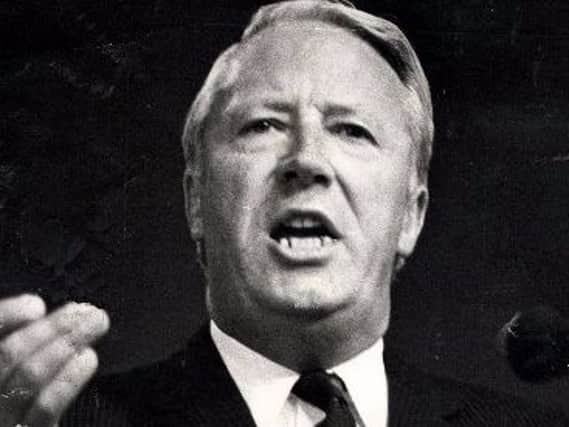Snap elections: When was the last time one was called?


Win, and she will reinforce her government's mandate ahead of Brexit negotiations and potentially boost her majority. Lose and her party will, of course, lose office.
The stakes are high, and historically a serving prime minister is only likely to roll the dice when they feel public approval ratings are strongly in their favour.
Advertisement
Hide AdAdvertisement
Hide AdYet there have been notorious occasions in British political history when the voters have defied expectations.
The last time Britain went to the polls in a 'snap' called by an incumbent government was in 1974. Conservative leader Edward Heath was struggling to enforce his party's authority on striking miners in the midst of an industrial relations crisis. In February, he decided to call the electorate's bluff - but the gamble failed. A narrow Labour majority ensued, and the result was a hung parliament. Unable to persuade the Liberals to enter into a coalition, Heath was forced to resign.
The instability continued under the new prime minister, Labour's Harold Wilson, and in October of the same year another snap was announced. Labour won again, albeit with a majority of just three seats.
The last time a mid-term election was held against the will of the government was in 1979, when James Callaghan's Labour lost a vote of no confidence motion just six months before a general election was due to be held. Margaret Thatcher defeated his party and took office early.
Advertisement
Hide AdAdvertisement
Hide AdIn 2011, the Fixed Term Parliaments Act was passed, meaning that from 2015, elections must be held every five years as a minimum requirement. A two-thirds majority in the Commons or a vote of no confidence against the government can still trigger a 'snap' at any time.